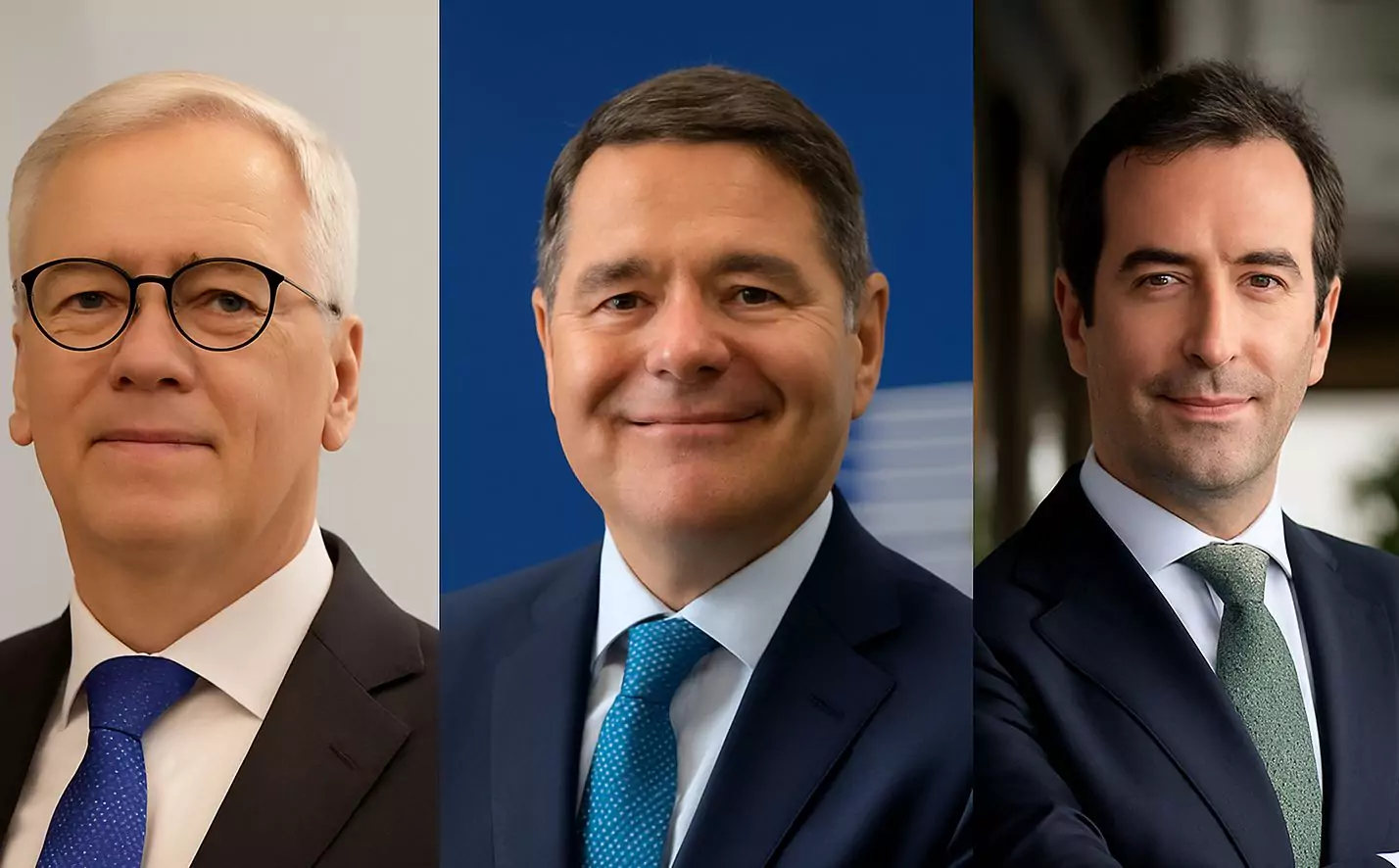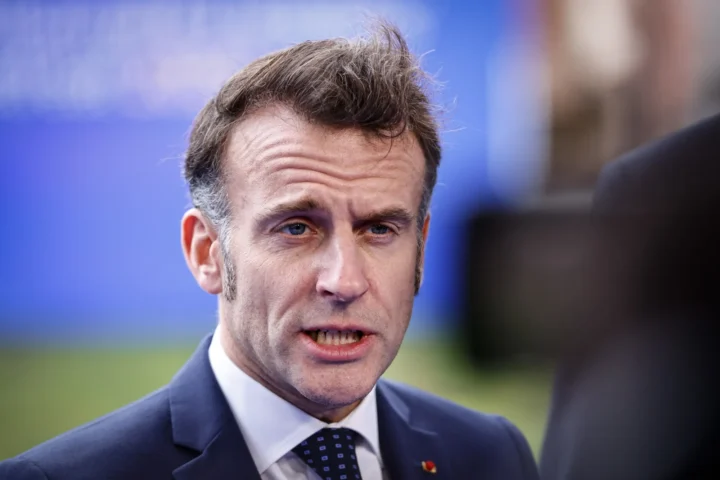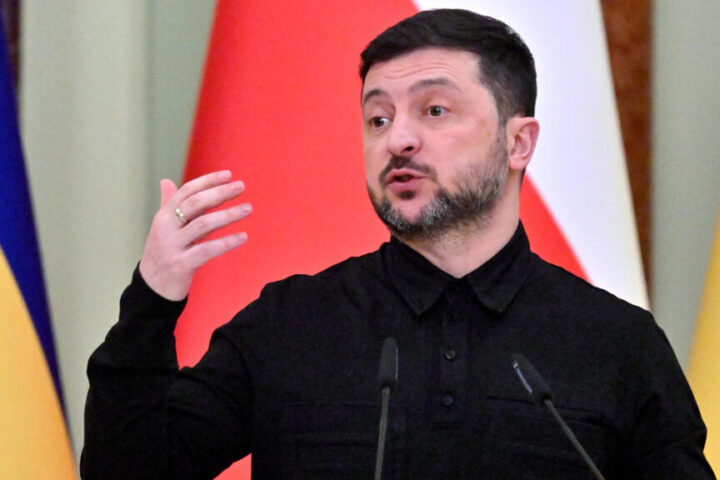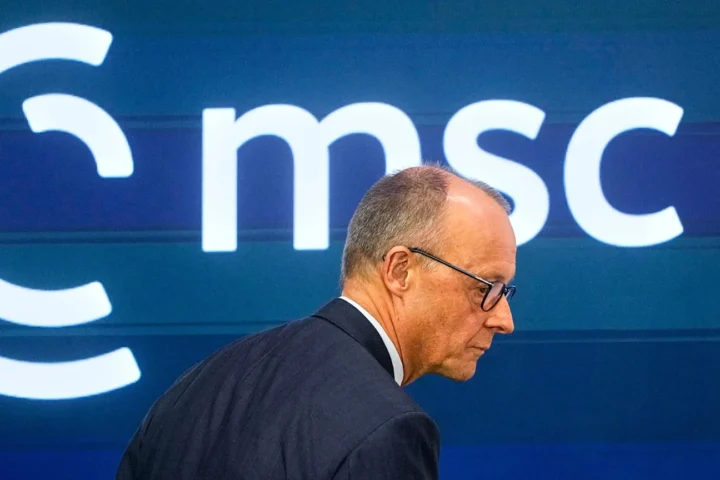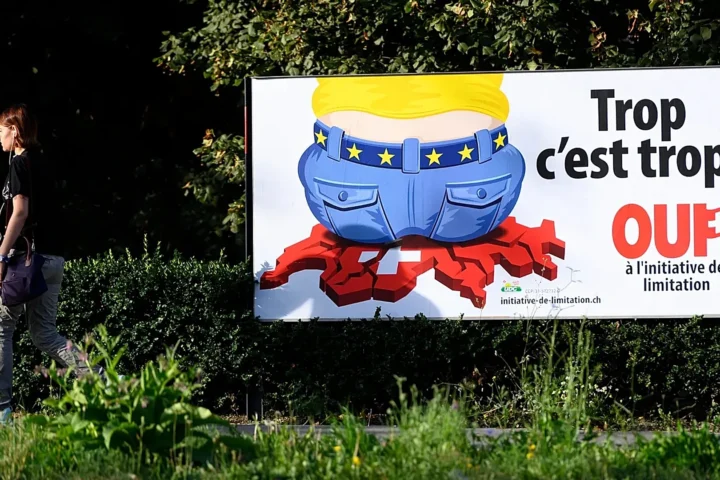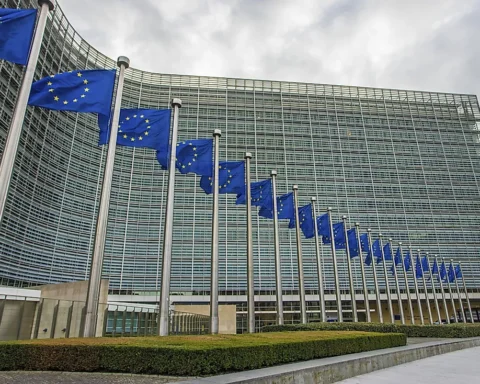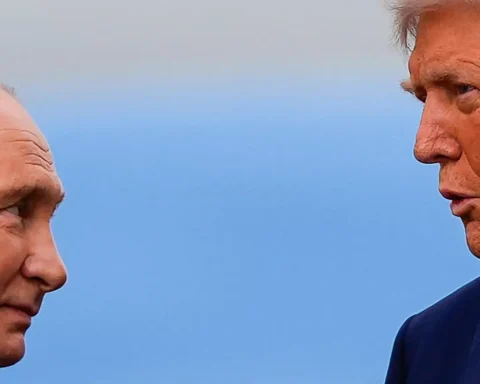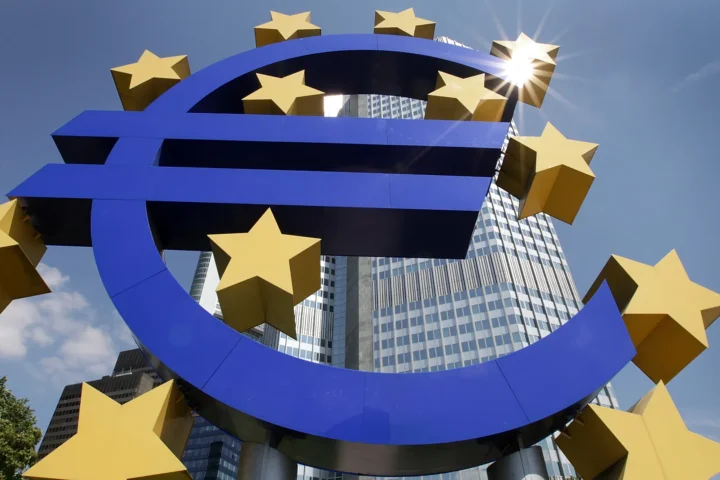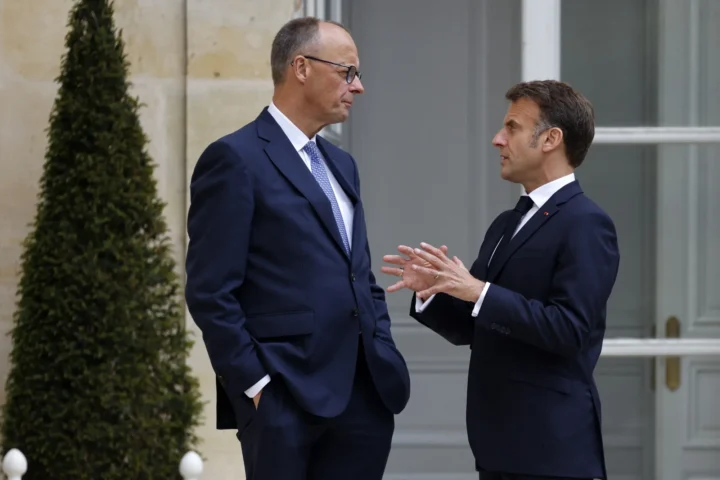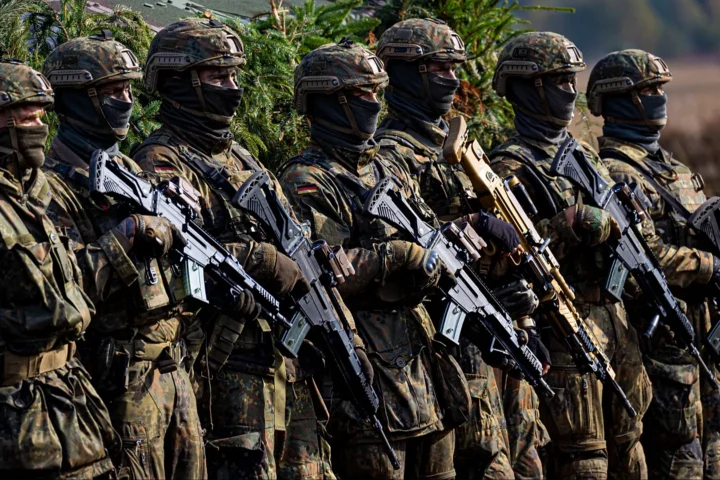As the Eurogroup prepares to appoint its next president, attention has turned to three key contenders: Ireland, Lithuania, and Spain. Each candidate brings unique strengths and perspectives to the role, which is critical for shaping economic policy among the 20 eurozone member states.
Ireland
Ireland’s candidate emphasizes the country’s robust economic recovery post-pandemic and its strong financial sector. Known for its pragmatic fiscal policies and open economy, Ireland advocates for continued support for innovation, digital transformation, and addressing challenges like housing affordability and inequality within the eurozone.
Lithuania
Lithuania, having joined the eurozone more recently in 2015, offers a fresh perspective focused on integrating newer members and advancing financial stability. Its candidate highlights the importance of strengthening the eurozone’s resilience against external shocks, promoting green investments, and reinforcing the digital economy. Lithuania’s growing profile in EU institutions adds to its credibility.
Spain
Spain’s contender brings experience from managing one of Europe’s largest economies that has faced significant economic hurdles, including high unemployment and public debt. Spain advocates for stronger fiscal integration, sustainable growth policies, and enhanced social cohesion. Its leadership could push for ambitious reforms addressing economic disparities across the eurozone.
The Eurogroup presidency is influential in coordinating economic policies, budgetary oversight, and crisis response among eurozone countries. The decision will signal the bloc’s priorities amid ongoing challenges such as inflation, energy security, and geopolitical tensions.
As negotiations unfold, the choice among Ireland, Lithuania, and Spain will reflect broader debates about economic strategy, integration, and the future direction of the eurozone. Observers await the decision, which will shape Europe’s financial landscape in the years ahead.
